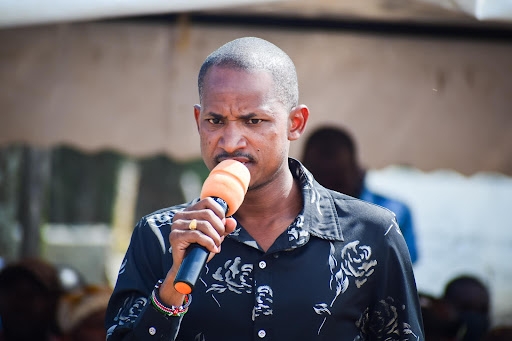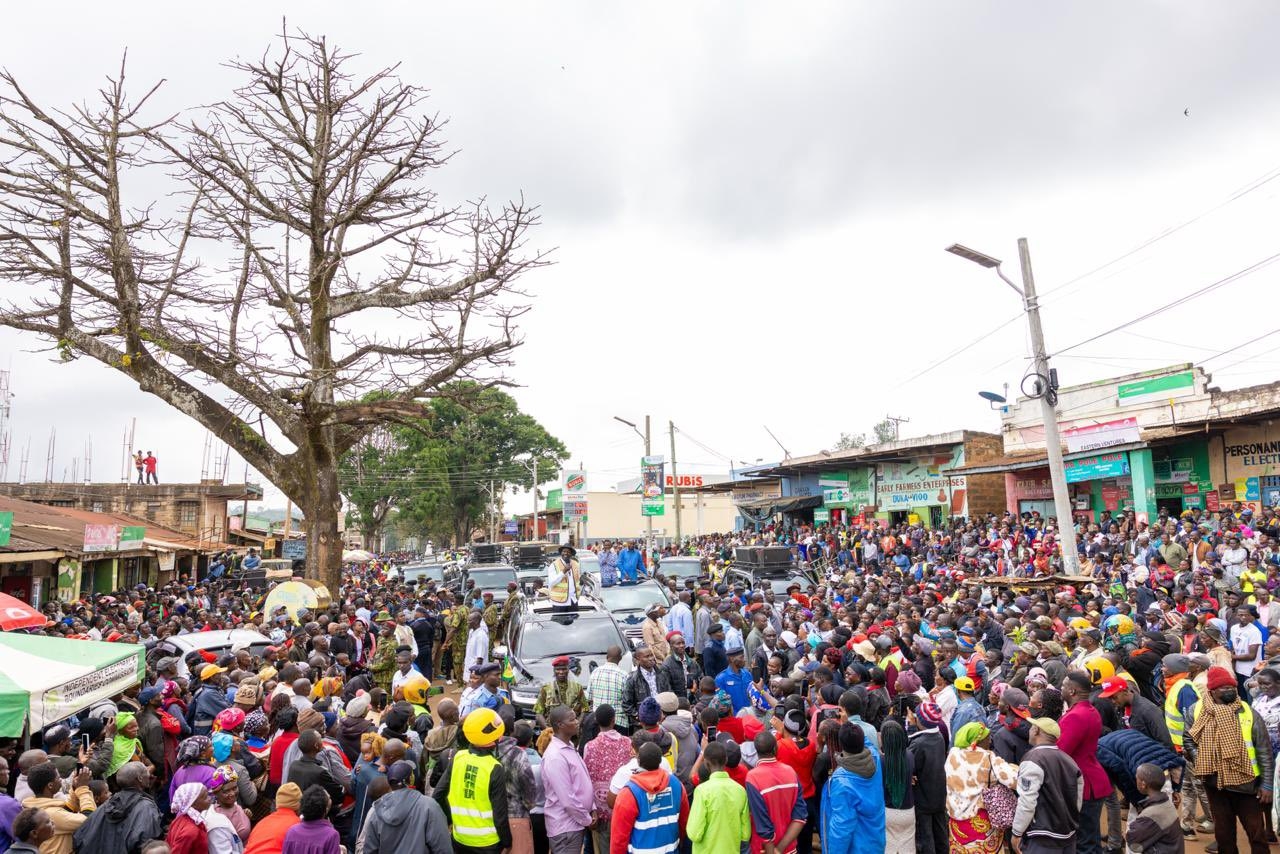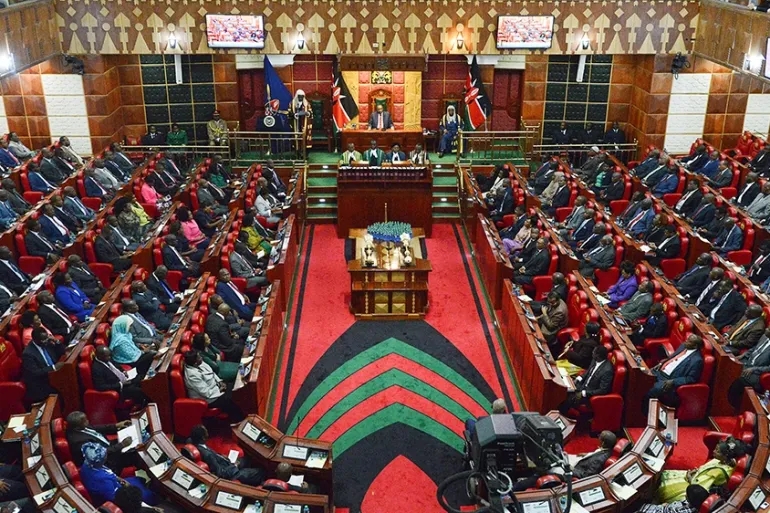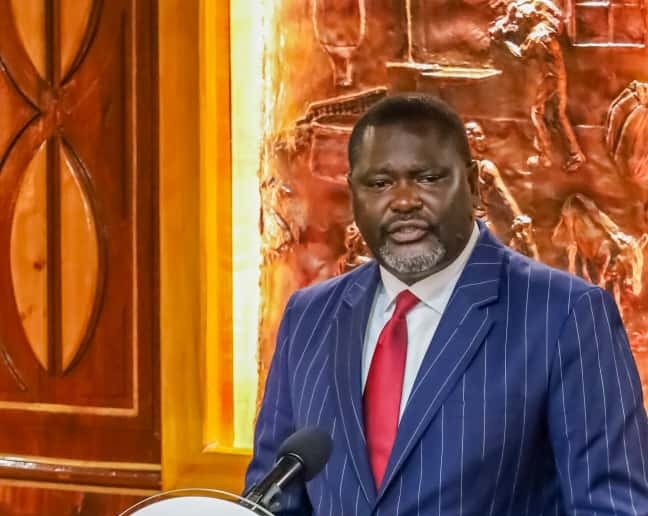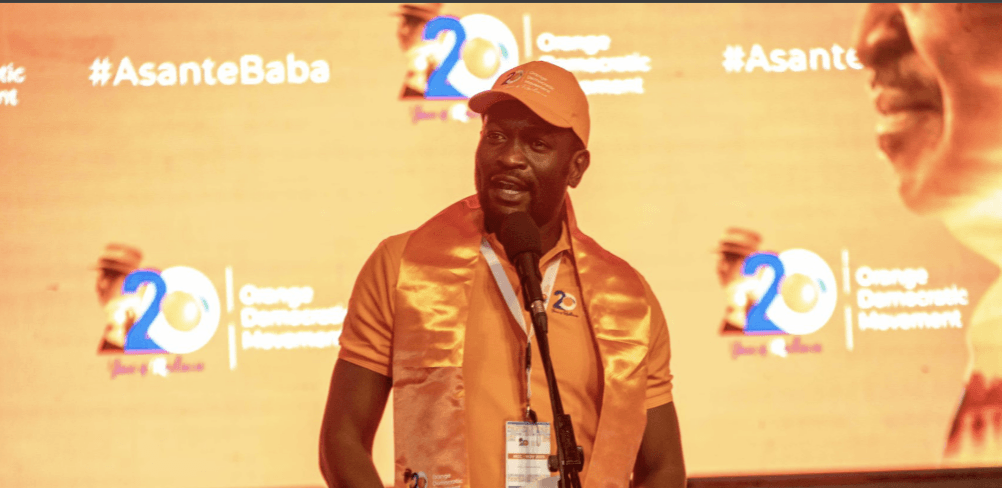The rising insecurity in Garissa is increasingly linked to the misuse of maslah, the traditional conflict resolution system. While historically a tool for community reconciliation, its current abuse—especially by parents shielding young offenders—has fostered a culture of impunity. Gangs of young people aged 10 to 20 years now commit violent robberies and assaults with knives and pangas, often in broad daylight. Security officials highlight that victims’ reluctance to cooperate, combined with maslah interventions, undermines formal justice and emboldens youth crime. Experts and community leaders stress that restoring trust in the formal justice system, alongside parental accountability, is critical to curbing the trend.
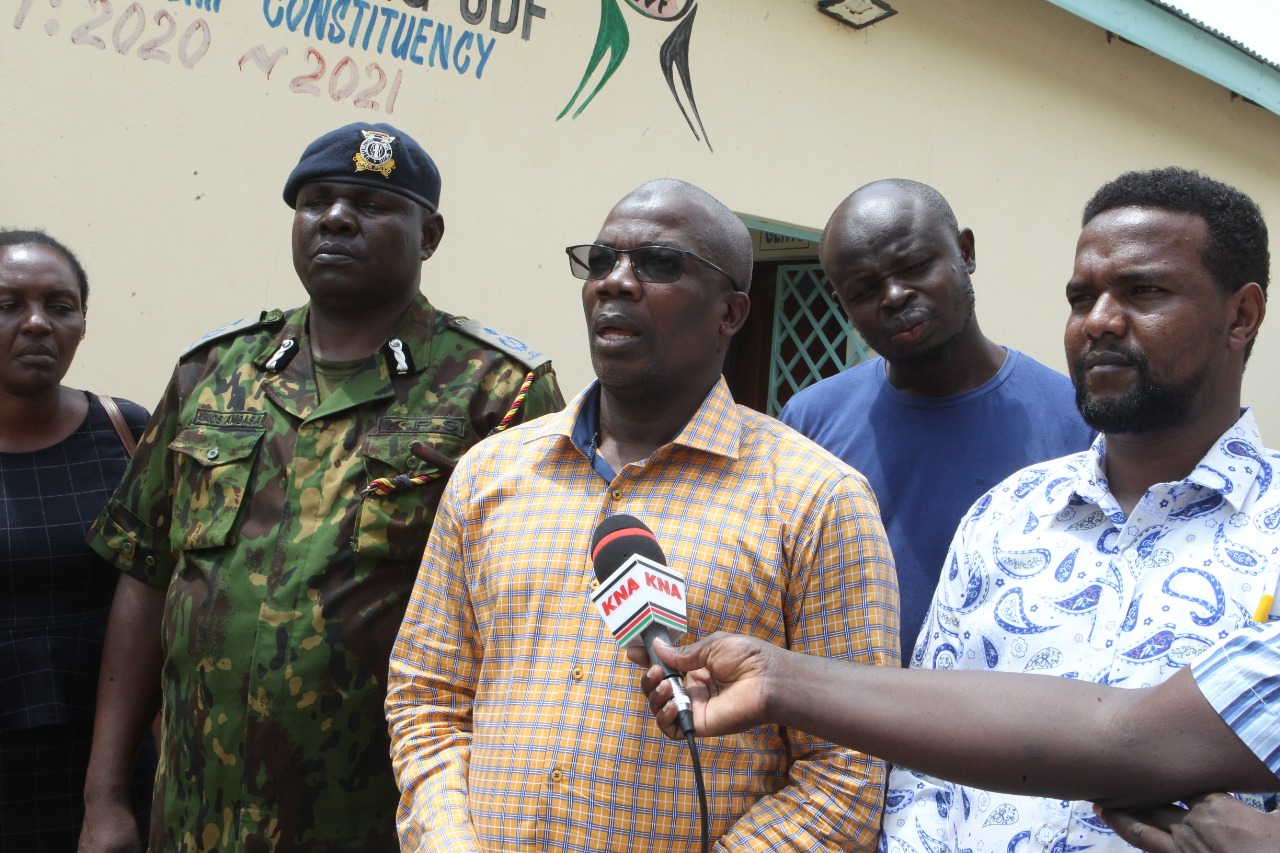 Garissa county commissioner Mohamed Mwabudzo after the meeting./STEPHEN ASTARIKO
Garissa county commissioner Mohamed Mwabudzo after the meeting./STEPHEN ASTARIKO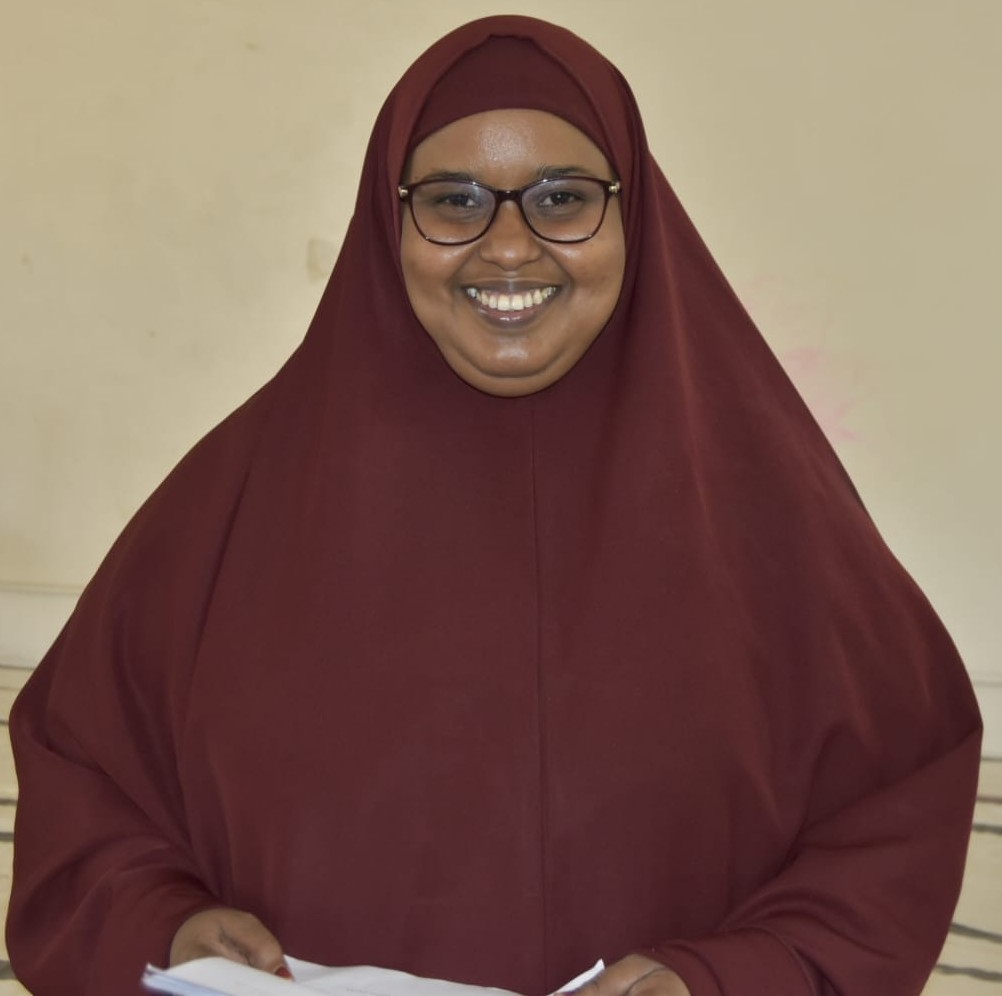 Fatuma Badhi, a human rights defender from Garissa./STEPHEN ASTARIKO
Fatuma Badhi, a human rights defender from Garissa./STEPHEN ASTARIKO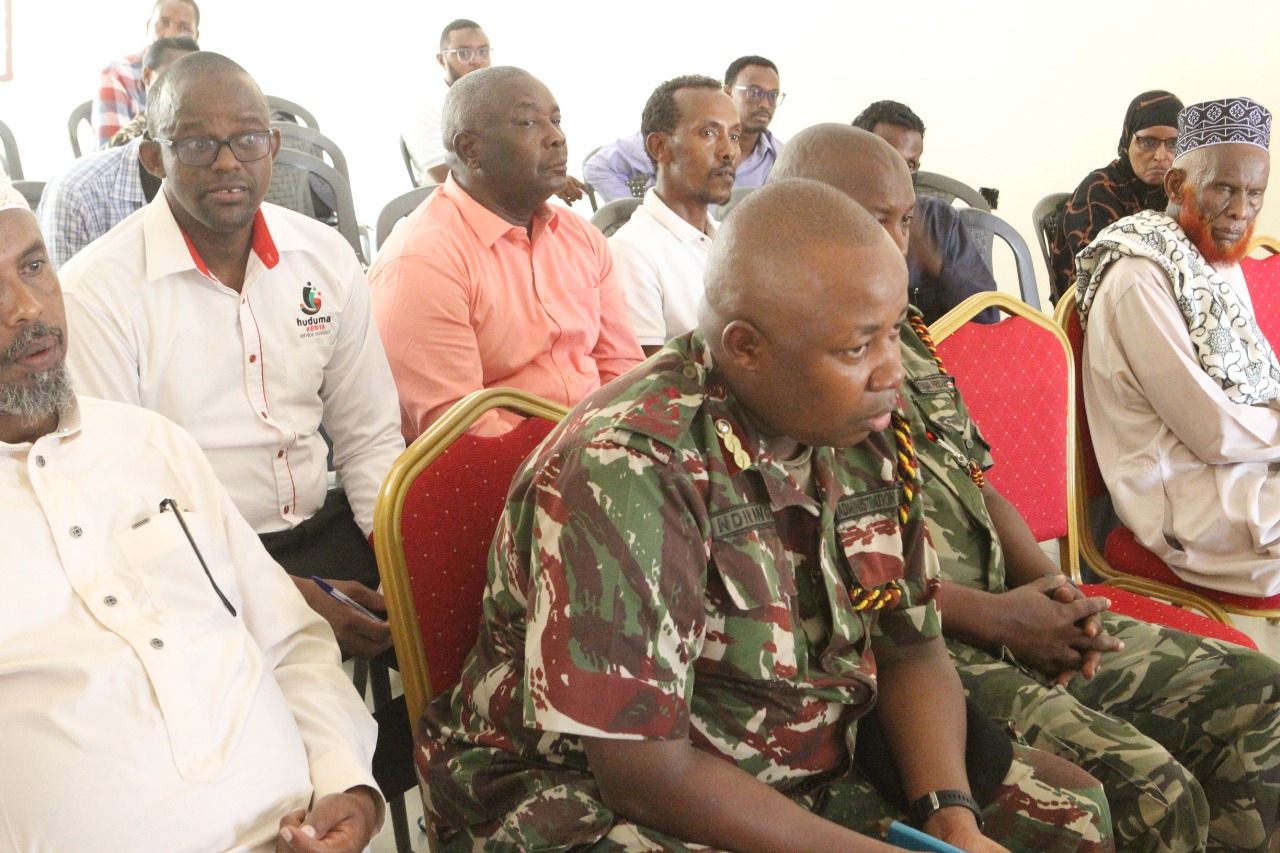
Escalating insecurity in Garissa town and its environs has been largely linked to the misuse of maslah, the traditional conflict resolution system.
Reports of muggings, stabbings and violent robberies have become almost daily occurrences, with some attacks happening in broad daylight. Victims are often left with serious injuries, and in some cases, dead.
Security sources say young people aged 10 to 20 years have formed criminal gangs, among them, Squad Chafu, Bulla Mzuri Group and Bulla Rig Group. They use knives and pangas to rob and assault residents.
Unlike in the past, when most incidents occurred at night, attacks are now carried out during the day, particularly in settlements on the outskirts of the town.
Some areas are so dangerous that even boda boda riders and tuk-tuk operators fear transporting residents, as criminals demand money from them.
County security officials say while they are working to restore order, maslah, an alternative justice system used by Somali communities, has emerged as a major challenge.
During a Jukwaa la Usalama forum
convened by Garissa county commissioner Mohamed Mwabudzo,
stakeholders—including security agencies, religious leaders, community elders,
youth representatives, the civil society and human rights groups—agreed the misuse of maslah is undermining efforts to curb crime.
Youth leader Nasteh Farah said the fight against insecurity is being hampered by parents who protect offenders.
“Let us be honest. The continued release of offenders through maslah has encouraged a culture of impunity among young people. When youth see their peers walk free after committing crimes, they lose fear of the law. We need to send a strong message that crime has consequences,” Farah said.
Civil society representative Fatuma Bathi said community sensitisation programmes are needed to educate residents on the dangers of misusing maslah.
“As human rights defenders, we understand the importance of maslah in promoting justice within the community. However, it cannot be misused like it currently is. Strengthening trust in the formal justice system is key,” she said.
Elder Ahmed Hussein acknowledged that maslah has traditionally promoted peace and reconciliation but noted some parents now misuse it to shield their children.
“You find a teenager stabbing someone and leaving them seriously injured—or even dead—and then robbing them of valuables. Yet the suspect’s parents want the case resolved outside court so their child avoids the law. What kind of society are we raising?” he asked.
Mwabudzo said despite security efforts, victims’ reluctance to cooperate hampers convictions.
“Maslah is our biggest challenge. In many court cases, we lack prosecutorial strength because victims either recant their testimonies or withdraw cases,” he said.
He urged parents to play a proactive role in raising and reforming their children.
“When our children turn to crime,
there are ways we can help them reform. Some parents may be elderly and unable
to manage their children,” Mwabudzo said.



